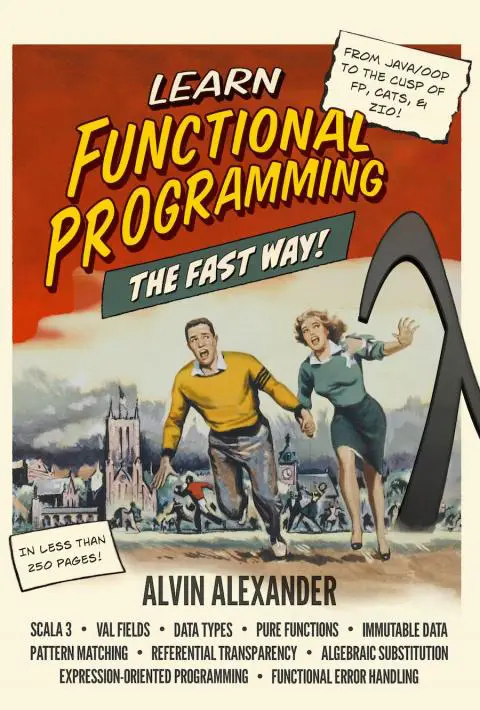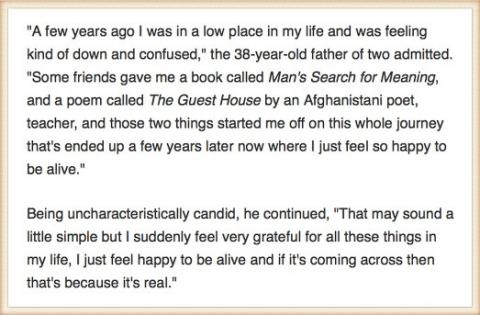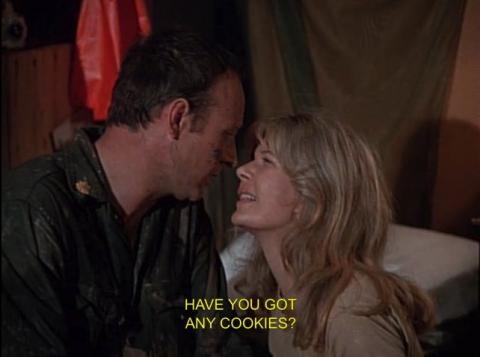March 24, 2024: I just released my free “Advanced Scala 3” online video training course. This free video course gets into different Scala programming topics such as functions, types, generics with variance and bounds, multiversal equality, modular programming, extension methods, and much more.
As always I want to thank Ziverge’s software consulting services for sponsoring these videos! These video courses take many weeks and even months to create, and they would not exist without Ziverge.
<<Click here to start my free Advanced Scala 3 video training course.>>





